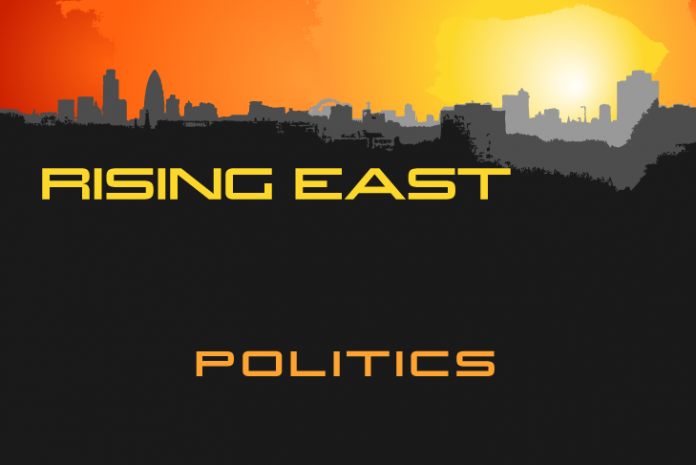Mel Zumrutel calls the London Assembly into question.
How many Londoners have even heard of the London Assembly? What does it do and how much power does it have? If next to nobody knows, there is a case for saying that the Assembly should be given greater power so that it matters more. But the counter-argument says that the Assembly is little heard of because it counts for so little: it can only be counter-productive to put more time and money into such a negligible institution; better to abolish it altogether.
A debate about what is to be done with the London Assembly took place at City Hall at the end of January. Opening the proceedings, the chair asked for a show of hands. Most of the audience voted for the Assembly to have more powers; some indicated it should stay as it is; and one man voted for less.
In the chair, Professor Nirmala Rao, author of the authoritative study Governing London, introduced the discussion by pointing out that London is far too important to national government for it to ‘give away’ control over the capital city. She observed that other city assemblies have more power than ours – New York, for example; but their mayors also have more power. She also pointed to Tokyo Met Assembly as a possible model for a suitably powerful, city-wide institution.
Darren Johnson, leader of the Green group of Assembly Members (AMs), claimed that the Assembly already exercises real influence. He cited the way in which AMs had scrutinised both the handling of the 7/7 bombings and the delivery of London 2012. The Assembly’s reports on these issues have been highly influential, he said. Johnson went on to say that ‘if London is granted more fiscal powers, then the Assembly needs to be strengthened accordingly.’ Allocating greater spending power to the Mayor, he went on, can only weaken the case for saying that the London boroughs will undertake sufficient scrutiny of the Mayor’s many decisions.
Conservative councillor Sir Merrick Cockell insisted that London’s borough councils are capable of high-level scrutiny of the Mayor’s activities; therefore the London Assembly is redundant and should be scrapped. But Martin Hoscik, editor of MayorWatch, countered that borough councillors would not be sufficiently impartial: relying on them to scrutinise the Mayor does ‘not add up’.
Hoscik’s riposte to Cockell’s ‘scrap it’ suggestion was warmly received by the audience.
But further doubts were raised by Professor Tony Travers, director of the London research centre at the London School of Economics. He maintained that the ‘chumminess’ of the existing Assembly diminishes its capacity for independent scrutiny. In order to achieve the requisite level of formality, Professor Travers explained, the number of AMs would have to be increased. Professor Rao challenged this point, saying that ‘a larger Assembly would be incredibly cumbersome’. Travers reiterated his position by alluding to the peculiarity of London’s Mayor as both ‘legislature and executive’. He insisted that, as currently constituted, the Assembly does not provide forensic scrutiny of mayoral activity. Hoscik concurred that the Assembly needs to do more by being more ‘ambitious’.
David Lammy arrived late to the debate. A former AM, now Labour MP for Tottenham, and a prospective mayoral candidate, he joked that if he became Mayor, the Assembly should have less powers. However, he praised the Assembly for holding the current Mayor to account following the 2011 riots.
As the proceedings drew to a close, the audience was asked to return to the original question: should the London Assembly be granted more or less power, or should it stay as it is? The single hand previously raised for fewer powers, now joined the majority in asking for more.
Overall, however, the debate seemed inconclusive and inconsequential – perhaps in keeping with the London Assembly itself.
Mel Zumrutel is Rising East’s City Politics editor.

